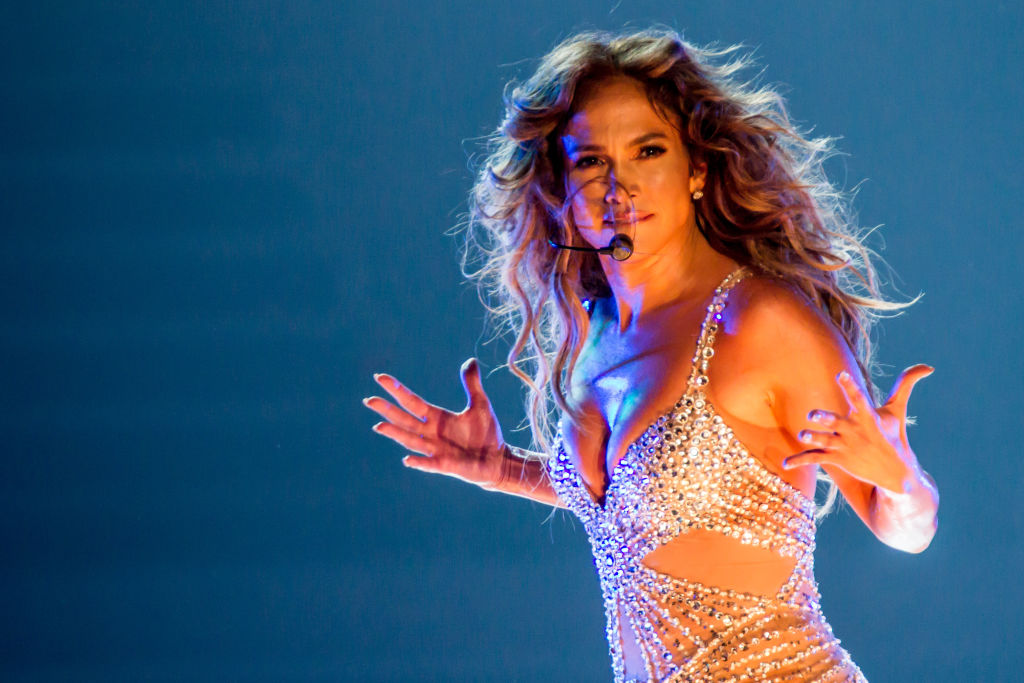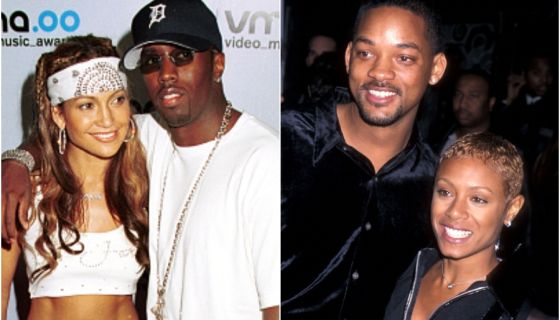
Source: Sergione Infuso – Corbis / Getty
It’s no secret that Jennifer Lopez, (J. Lo) has a long sordid history of profiting off of Black culture. From the inclusion of Ashanti’s vocals in the songs that would eventually become hits, to using the N word in her Hip Hop collaborations, from trying to release Amerie’s “One Thing” as her own— Jenny from the Block has been problematic to say the least.
These incidents have only been worsened by the fact that Lopez has remained virtually silent on issues concerning the Black community. She infamously tweeted “All Lives Matter” in 2016 after a string of police killing unarmed and innocent Black people. She appropriated #BlackGirlMagic, a phrase meant to celebrate Black women specifically and replaced it with #BronxGirlMagic.
There’s a pattern.
And apparently, it doesn’t seem to be ending any time soon.
Recently, J. Lo was featured on a new song from Colombian singer Maluma called “Lonely.”
On it, J. Lo, in a talk-singing voice says, “Siempre serás tu negrita del Bronx.”
You don’t have to have remembered your high school Spanish vocab to know that negrita means Black. But the full translation means “I’ll always be your Black girl from the Bronx.”
Huh?
With the transatlantic slave trade being what it was, it’s no secret that Latinx have African ancestry. But that does not translate to all of them being Black—being recognized as Black or living a Black experience in this country.
And that has not been the case for J. Lo. Aside from the size of her behind, there is nothing that points to her being a Black woman.
In fact, she’s made plenty of money absconding her Latinx heritage in order to play white women or racially ambiguous women in more than a few films. (See: The Wedding Planner, The Backup Plan etc).
So why now is she publicly claiming to be a Black girl?
In doing a little research, people of Latinx heritage have said that “negrita” is used as a term of endearment in the Spanish-speaking community but usually reserved for those with African features and darker skin.
Jennifer Lopez is not that.
And as an international star, I have to wonder why she decided to call herself a Black girl at this time. Why? Does she think she’s tryi
There are always arguments about which behaviors qualify as cultural appropriation. But I’d say Lopez gives us a crystal clear example with her latest antic.
She plays all sides. When she wants to play a Tejana icon, she leans into her Latinx roots. When she wanted to release hit music in the early 2000s, it was a Black sound and aesthetic she was chasing and even including in the final versions of her tracks. But when she wants to make money in Hollywood, she can be white.
J. Lo picks up and puts down Blackness as a prop and has been doing so for decades.
In 2020, it’s time out for all of it.
You can check out the response to J.Lo’s latest musical declaration on the following pages.












